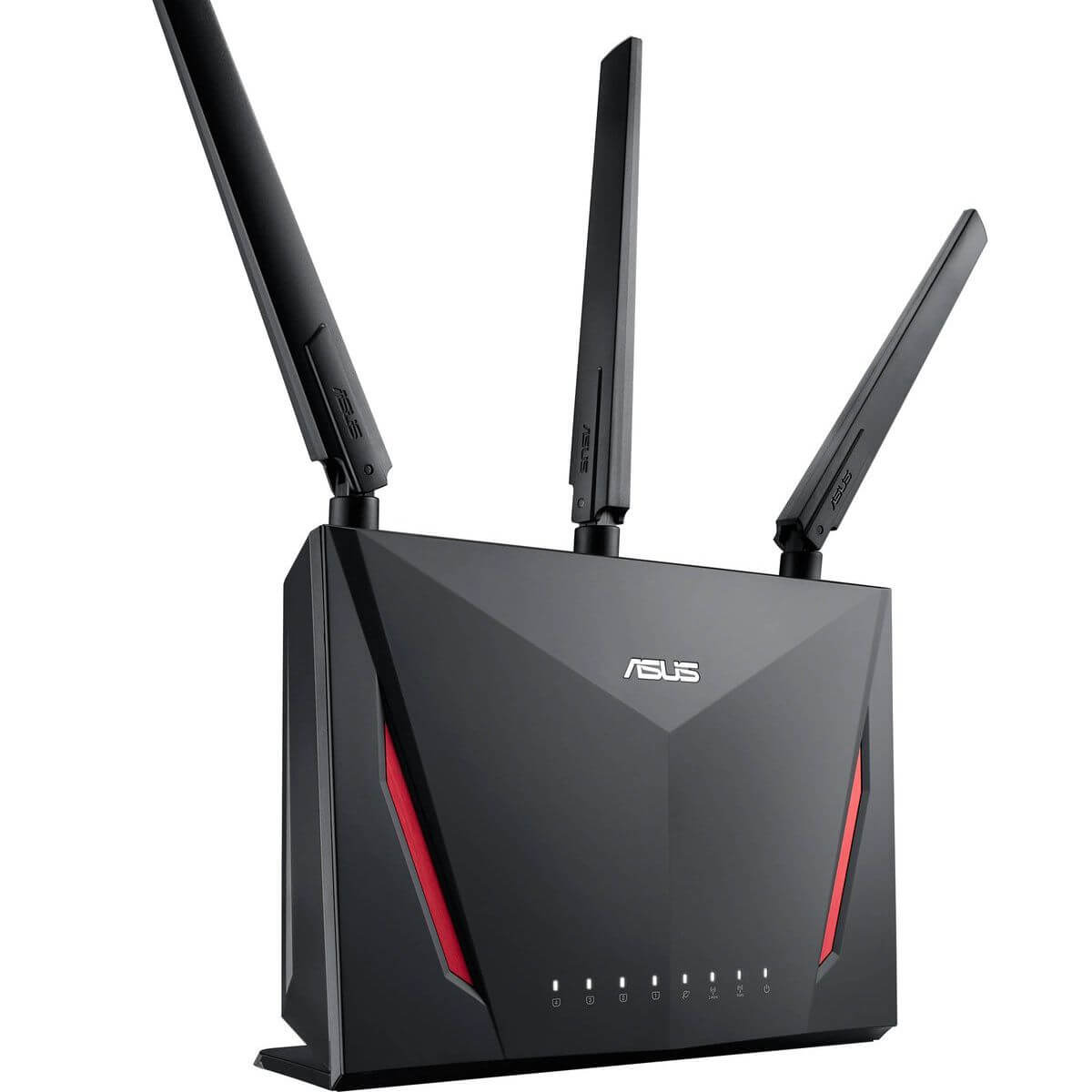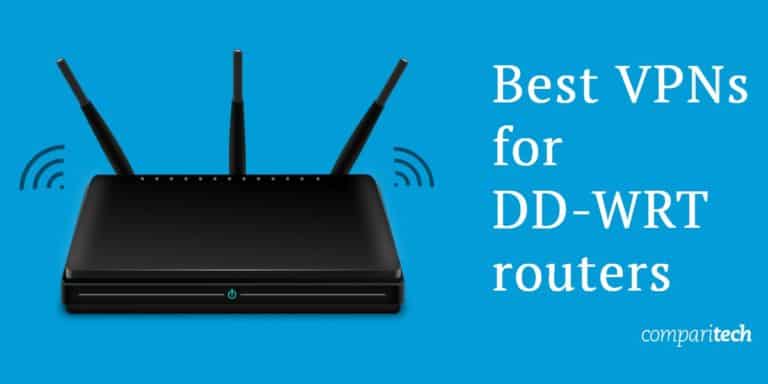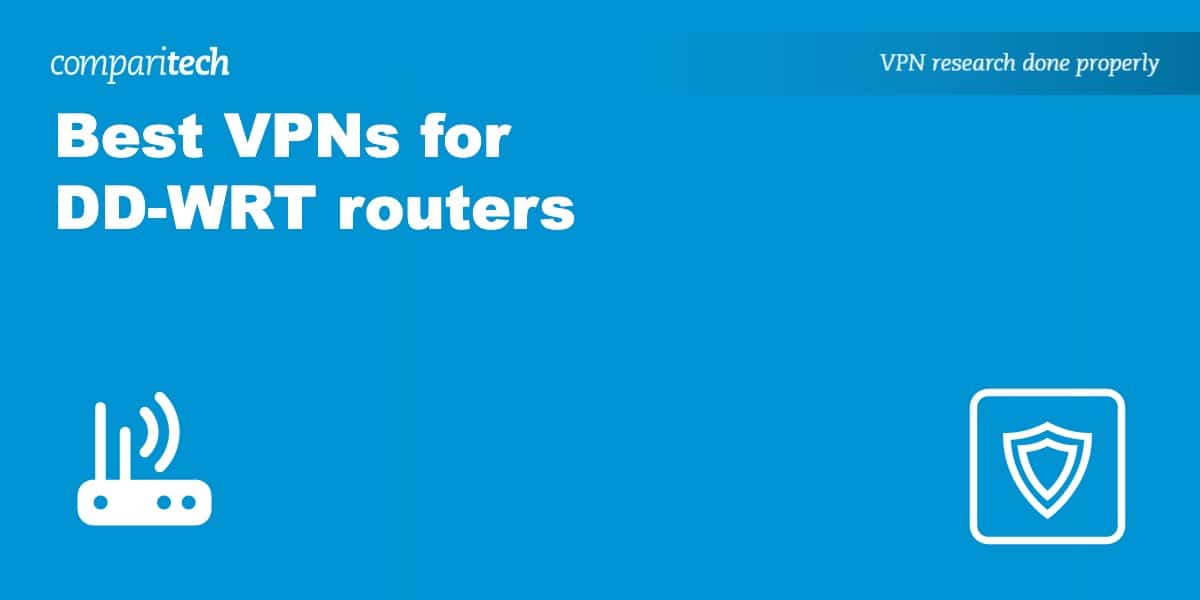

OpenVPN offers the best combination of speed and security available. Merlin is a third-party firmware for ASUS routers, but the setup process works the same as with the standard ASUSWRT firmware.Īfter you’ve selected your router, I strongly recommend you choose to set up OpenVPN. In my case, I selected “ASUS (including Merlin)”. Once you sign up for ExpressVPN, you will be able to access a setup page where you can select the device you wish to configure for detailed instructions. Step 1: Choosing device for configuration To show you how easy the process is, let me show you how I set up ExpressVPN on my ASUS AC1300UHP.
#Best vpn routers how to
Most VPN providers will have a step-by-step guide on how to do this. However, it is a relatively painless process and usually takes just a few steps. The process itself of setting up a VPN on routers depends on the firmware of the router. Just to let you know that it’s not caused by TorGuard, I also ran the same test for ExpressVPN and NordVPN, which similarly gave me slow speeds over my router Looking at the image below, you’ll notice that even to achieve this speed, one of my router’s processors is running at over 80% capacity. Running the same protocol on my router, however, drops me down to between 13-15Mbps.
#Best vpn routers windows 10
With the TorGuard VPN Client running on my Windows 10 laptop, I’m able to achieve close to my maximum ISP-allowed speed of 50Mbps. Let me show you what I mean using my experience with the ASUS RT-AC1300UHP Wireless Router. On the other hand, the average consumer-grade router is equipped with anything between a 600MHz to 1GHz processor with 128MB to 256MB of memory.

#Best vpn routers Pc
Your average PC processor speed today ranges between 2.4GHz and 3.4Ghz and is equipped with between 4GB to 16GB of Random Access Memory (RAM). That’s why a PC or router needs significant processing power to handle the VPN encryption.Įncryption takes up system resources since you’re basically using the computer to encode and decode raw data. To put this into perspective, let’s look at 256-bit encryption.Ģ56-bit encryption means that every single bot of data that comes out of your computer is encrypted with a ‘key’ that is made up of 256 binaries (1s or 0s). For example, if your computer or router claims to run a quad-core 1.5GHz processor, OpenVPN can only run a single core at that speed. This means that it is very singular in nature, not being able to make use of multi-threaded processors. Unfortunately, developers have not yet made OpenVPN a scalable protocol. It’s more secure than the much outdated PPTP protocol and for the most part, faster than IPSec. Most VPN users today opt for OpenVPN as it offers the best combination of security and speed that is available.

The encryption process is exactly the main thing that makes VPNs on Routers such a bad idea. It also encrypts the data that flows in that tunnel to keep it safe. VPNs do this by helping us create a secure tunnel between our device and a secure server. The main reason most of us look towards VPN is to keep our Internet-related activities private. Routers are much less powerful than PCsĮncryption Takes Significant System Resources.Encryption takes significant system resources.Ways to secure yourself and your business online.


 0 kommentar(er)
0 kommentar(er)
